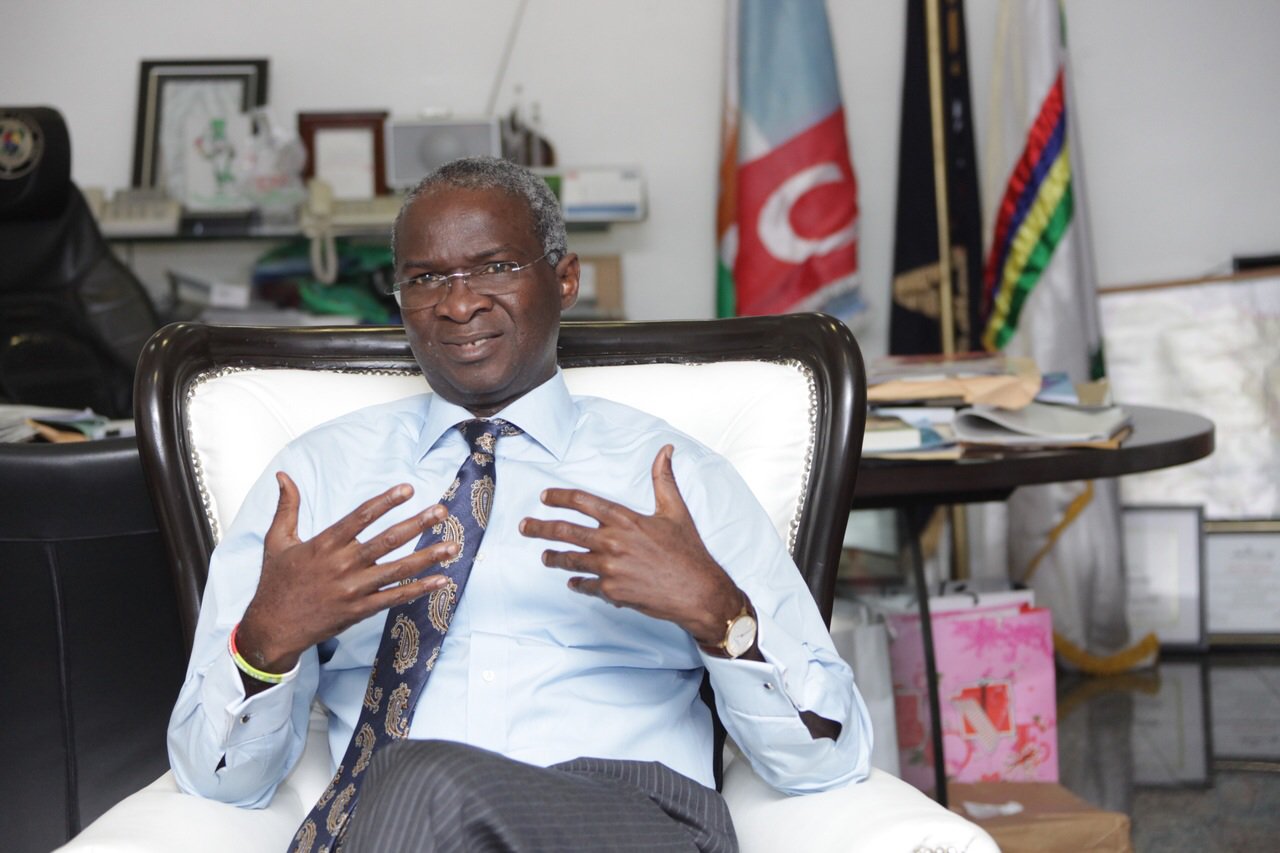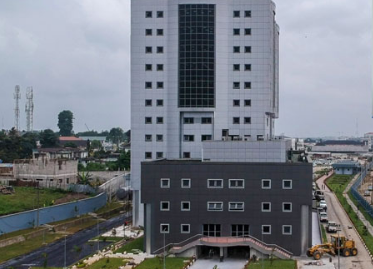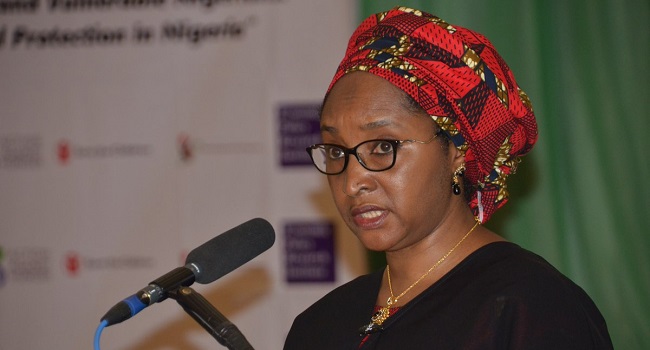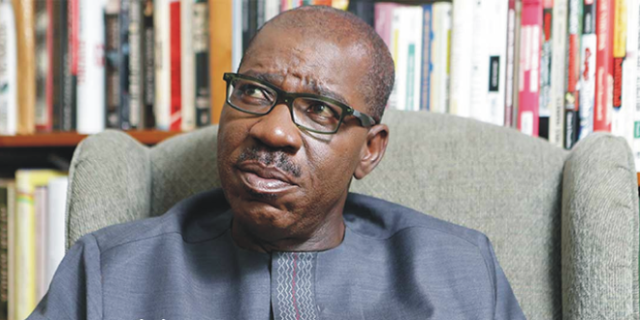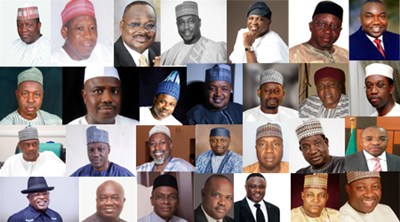The Federation Accounts Allocation Committee (FAAC) shared N3.879 trillion to the Federal Government, states, local government areas and other statutory recipients in the first half of 2020.
This was contained in the latest edition of the quarterly report on the review of the Nigeria Extractive Industries Transparency Initiative (NEITI) released in Abuja, on Tuesday.
A breakdown of the disbursements showed that N1.53 trillion went to the Federal Government, while the states got N1.29 trillion and the 774 local government areas received N771.34 billion
The N1.53 trillion received by the FG in H1 2020 was 4.28 per cent lower than the N1.599 trillion it got in the first half of 2019 and 7.36 per cent lower than the N1.652 trillion it received in the first half of 2018.
“For states, a total of N1.29 trillion was disbursed in the first half of 2020.
“This was 2.8 per cent lower than the N1.35 trillion disbursed in the first half of 2019, and 5.6 per cent lower than the N1.37 trillion disbursed in the first half of 2020,” the report stated in part.
For local government areas, the 2020 first half disbursements were 2.64 and 3.04 per cent lower than the corresponding disbursements for 2019 and 2018, respectively.
However, disbursements in second quarter(Q2) 2020 were 1.09 per cent higher than total disbursements in Q2 2019 and 3.66 per cent lower than the one for Q2 2018.
“FAAC disbursements in the second quarter of 2020 stood at N1.934 trillion.
“This was made up of N739.2 billion to the Federal Government, N629.3 billion to state governments, and N375.4 billion to the 774 local government areas.”
According to the report, the total FAAC disbursements in the second quarter of 2020 was slightly lower than the N1.945 trillion disbursed in the first quarter of 2020.
This aligned with the projections made in the previous issue of the NEITI Quarterly Review, which projected lower FAAC disbursement in the second quarter.
The report attributed the 0.55 per cent decrease in Q2 2020 to a couple of factors, including rebound in oil prices in the second quarter as a result of ease of lockdowns by countries across the world.
The other was the adjustment of the official exchange rate by the CBN from N307 to a dollar to N360 to a dollar in March resulting in higher naira disbursements.
FAAC disbursements in the first quarter and second quarter of 2020 were very volatile, with the difference in total disbursements between months ranging between N58.9 billion and N199.3 billion.
“During this period, the disbursements were very volatile in the first half of 2020, compared to 2018 and 2019.
“Unlike 2018 and 2019 where aggregate disbursements increased and decreased in successive months, in 2020 they fell for two straight months, increased in one month, and then decreased for two straight months.”
In the months under consideration in 2020, aggregate disbursements fluctuated by large amounts, compared to 2018 and 2019.
“Aggregate disbursements were N716.3 billion in January and this fell to N647.4 billion in February.
“Thereafter, disbursements fell to N581.6 billion in March, before increasing to N780.9 billion in April.
“Disbursements then fell to N606.2 billion in May and to N547.3 billion in June.
“These figures indicate differences of N68.9 billion between January and February, N65.7 billion between February and March, N199.3 billion between March and April, N174.7 billion between April and May, and N58.9 billion between May and June.
” For comparison, the highest inter-month difference in the first half of 2018 was N62.9 billion, while the corresponding figure for 2019 was N63.5 billion.
“Thus, there have been very wide fluctuations in aggregate disbursements so far in 2020,” the report also stated in part.
NEITI in the report also disclosed that from January to May 2020, actual government revenue was N1.62 trillion, representing 62 per cent of the expected pro-rata revenue of N2.62 trillion from the revised budget.
This, the NEITI said explained a shortfall of 38 per cent in government revenue for the first five months of the year.
As oil prices continue to rise, and with the increased pace of economic activities, it projected that Government revenue will perform better in the second half of 2020, with the possibility of shortfalls in revenue compared to budgeted figures.
On total net FAAC disbursements and deductions for states for the first half of 2020, the report observed wide disparities.
Osun State had the lowest net disbursement of N13.13 billion, while Delta State had the highest net disbursement of N100.81 billion.
“This implies that Delta State received seven times the disbursement that Osun State received.
“Total net disbursements received by Delta State (N100.81 billion) was higher than the combined total net disbursements of N99.47 billion received by six states – Osun, Cross River, Plateau, Ogun, Gombe and Ekiti.
“Also, the combined total net disbursements of N321.29 billion received by the four highest receiving states of Delta, Akwa Ibom, Rivers, and Bayelsa were higher than the combined total net disbursements of N314.08 billion received by 16 states.
The States are Osun, Cross River, Plateau, Ogun, Gombe, Ekiti, Zamfara, Kwara, Nassarawa, Ebonyi, Taraba, Benue, Adamawa, Ondo, Bauchi, and Abia.
“While Lagos State had the highest deductions, Yobe State had the lowest.

